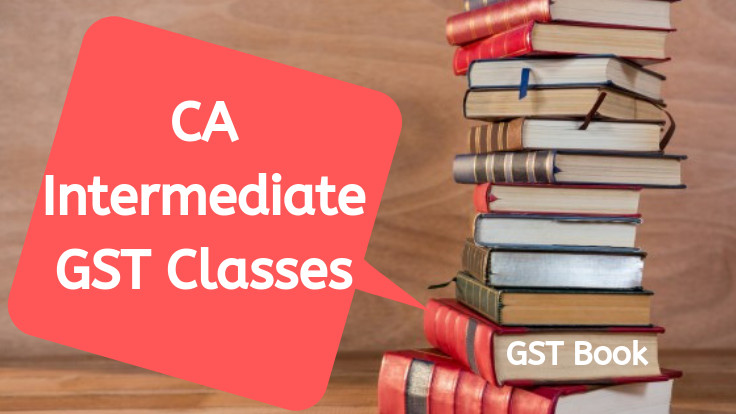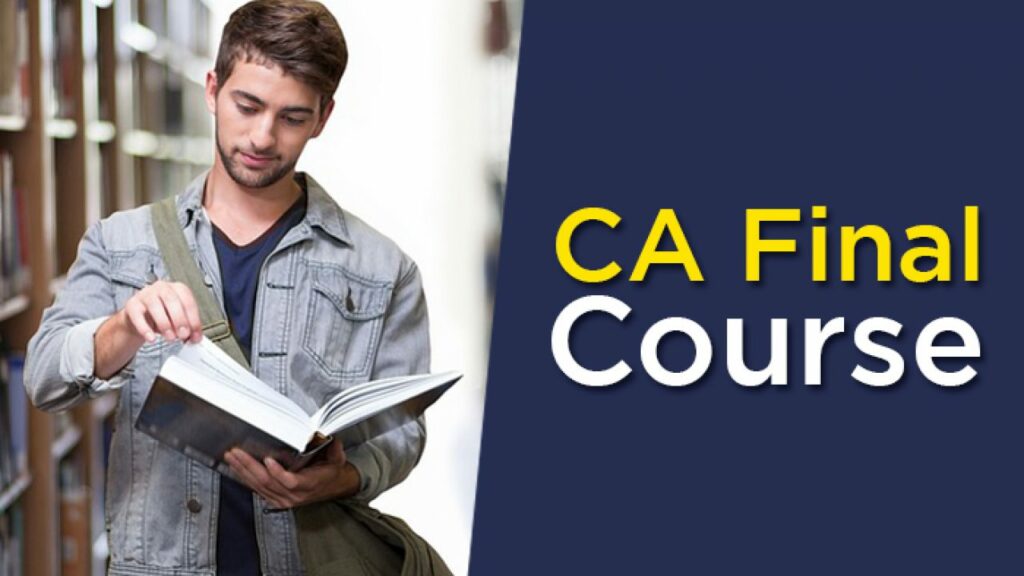CA Intermediate GST Classes For CA Student
CA Intermediate GST (IPCC) Classes The objective of this document is to summarize all the updates of CA Intermediate GST Classes (CA IPCC) (Notifications, Circulars, other amendments, and updates) in one place.2 Central tax notifications,1 Integrated tax notification,And also the council has approved the new GST rates for the real estate sector in the 33rd meeting. CA Intermediate GST (CA IPCC) Important Notices 1.0 Notifications:Objective:I. Notification No. 8/2019_Central tax dated 08th Feb.2019:GSTR-7 (Return for TDS) for Jan’19 from 10th Feb’19 to 28th Feb’19 to 28th Feb’19.filing GSTR-3B for Jan’19 from 20th Feb to Feb.19 for Jammu & Kashmir Feb.19 for the remaining states III. Notification No. 2/2019_Integrated tax (Rate) dated 04.Feb.2019:Since the definition of exports and the Sec 54 of the CGST act have been amended to include the supplies to Nepal and Bhutan under definition of Exports, the Notification No.02/2019 was issued to rescind the exemption entry 10D (the exemption of IGST, for the supplies made to Nepal & Bhutan) of the Notification no.9/2017 dated 28th Jun’17. 2.0 CA Inter GST Classes CA Intermediate GST Circulars (CA IPCC): I. Circular No. 88/07/2019 Central Tax dated 01.02.2019:Circular No. 8/8/2017_04.10.2017_”Master circular relevant for the export procedures and refunds” was amended in view of the amendment allowing realization of export proceeds in INR, wherever allowed by the RBI (CA Intermediate/ IPCC). [2(6) of IGST act].Circular No. 38/12/2018_26.03.2018_”Clarification on issues related to Job Work” was amended to in view of the (IPCC) amendment carried empowering the Commissioner to extend the period for return of inputs and capital goods from the job worker and also the RCM on services received from un-registered job workers. [9(4) and 143 of CGST act.]Circular No. 41/15/2018_13.04.2018_” Procedure for interception of conveyances for inspection of goods in movement…………” was amended to in view of the amendment carried out extending the time limit from 7days to 14 days for owner/transporter to pay tax/penalty for seized goods. [Sec 129 of the CGST act]. CA Intermediate GST Updates (IPCC) After observing that the majority of taxpayers are not reporting details in Table 3.2 of GSTR-3B,III. Circular No. 90/09/2019 Central Tax dated 18.02.2019:IV. Circular No. 91/10/2019 Central Tax dated 18.02.2019:In Circular 46/2017_Customs_Dated 24.Nov.17, it was clarified that,In Circular 3/2018_IGST(CA Intermediate)_Dated 25.May.18, it was clarified that, considering the amendments in the Customs Tariff Act (IPCC),This shall be applicable w.e.f. 01.Apr.18.There was no provision in GSTR-1 for changing POS for such B2B supplies. If the supplier and recipient are in the same state, it was considered as Intra-state sales.3.0 33rd GST Council meeting updates (IPCC):I. GST on Residential properties The proposed GST rate for the residential flats are as followed: 1% for the Affordable housing5% for the othersFor qualifying as “affordable housing” below 2 conditions should be satisfied:Carpet area of up to 90 Sqm in non-metropolitan cities/towns and 60 Sqm in metropolitan cities andThe value < 45Laks in both Metro/Nonmetropolitan citiesThe effective date shall be 01.Apr.19.II. Others (IPCC)The existing rates shall continue for the commercial projectsThe taxation on betting and lotteries shall be taken up in the future council meetings. Click Here: CA Intermdiate New Course Also Read- CA Intermediate Courses CA Final Result 2019 CA Final Exam Date Sheet



